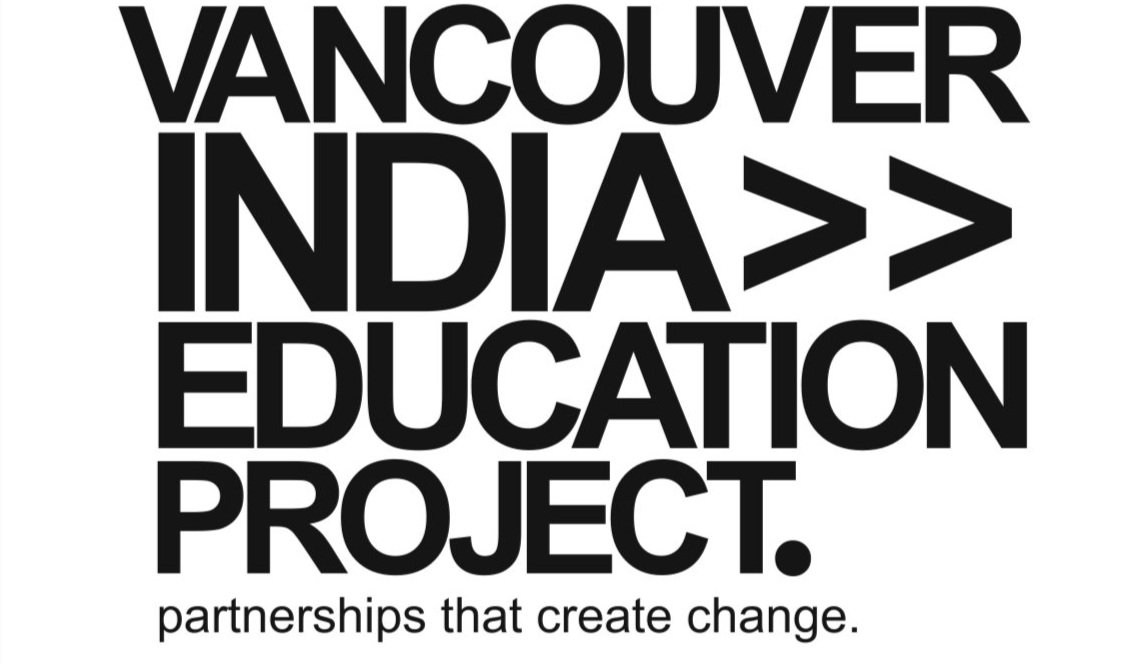Where we come from.
Our mission.
The Vancouver India Education Project (VIEP) improves and enhances the education experience to better prepare students to become active global citizens.
We are a partnership community that extends across traditional boundaries, bringing together diverse groups to discover new and lasting relationships and solutions to global problems.
We create partnership opportunities and facilitate accomplishments through Project-Based Learning IPBL) with sustainability and social impacts.
VIEP works with innovative partners in British Columbia and India as well as world-leading education service providers and organizations to create a holistic approach to partnerships and collaborative online international learning experiences through ethical international engagement practices.
Colin Boguski,
Founder & President
“We can do better. Each of us individuals and all of our organizations. If one person can make an impact, imagine what 500,000 can do?
We are stronger together.
It’s time for us to take action.”
How can we improve the student experience?
Our story.
The Vancouver India Education Project was conceptualized after asking: How can we improve the student experience?
Our team of creative leaders and educators looked for a better way to connect students and institutions. In the current high-paced student recruitment market driven by agents in a purely transactional process, we want to return the focus to relationships.
The conversation focused on how a deeper understanding of institutions and partners deepens trust. Trust is earned through time and experience- and this is true for all students, educators, administrators, and parents. As partners, we can work together to improve the student experience from a holistic approach. This partnership begins before the recruitment process does.
Our conversation didn’t stop there. We continued to ask ourselves how we could improve, iteration after iteration, and returned to the question- How can we improve the student experience? We explored the gap that exists between the classroom and the office. Not only is it difficult to effectively prove one’s capabilities and skills based on the credential received and the institution it was conferred by, but many students are only starting their story. Students need something tangible they can use to show that they have the transferable skills necessary for success in the workplace. They need a story to tell that shares how they overcame adversity, what they learned along the way, and how they’ve grown from it.
This sounded to us like a project.

